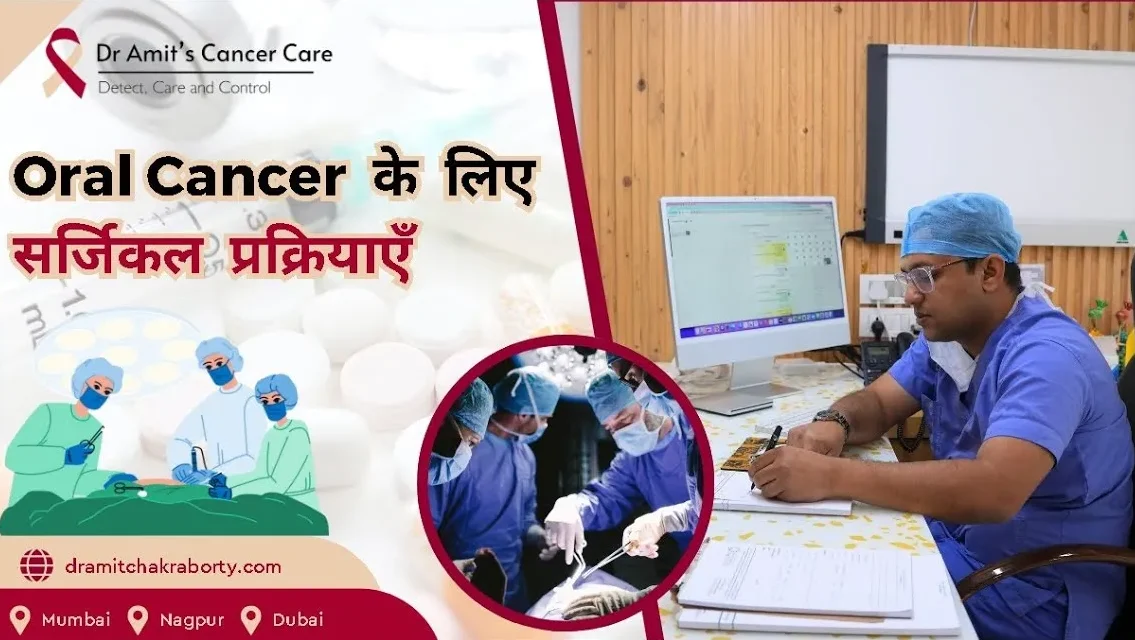Thyroid cancer is not very common, yet the instances of it are increasing rapidly in India. The disease could go unnoticed for years, with women often reporting a tiny, non-painful lump in their thyroid that had been present for quite a while but has recently exhibited sudden, unexplained growth.
Such a situation necessitates an immediate visit to a medical professional specializing in cancer treatment.
Ignoring such symptoms might enable a benign tumor to transform into a cancerous one, paving the way for serious health complications.
Initial Evaluations: Thyroid Profile
A conventional method employed in the initial stages of suspicion involves a thyroid profile check. Interestingly, thyroid cancer often doesn’t exhibit abnormalities in thyroid profiles. Therefore, normal thyroid function test results should not lull patients into a false sense of security.
Unfolding Ultrasonography: The TI-RADS Classification
If the thyroid profile turns out to be inconclusive, the next step would be ultrasonography of the thyroid gland. It’s a non-invasive imaging technique that gives insights into the gland’s internal structure.
Medical professionals classify ultrasound findings based on the TI-RADS scale (Thyroid Imaging Reporting and Data System) which ranges from 0 to 5. A lower score typically implies lower chances of cancer, but high TI-RADS grades necessitate further testing.
Elements Influencing the TI-RADS Score
A TI-RADS score takes into account multiple features of the thyroid gland:
- Calcification: The location of calcification, whether central or peripheral.
- Vascularity: It determines the blood supply to the gland.
- Cell Characteristics: Particularly, the features of tall cells in the gland.
- Nuclear Appearance and Size: The physical characteristics of the nucleus of the cells in the gland.
Medical professionals use these factors to form a comprehensive grading system for potential thyroid cancer.
Understanding USG-guided FNAC: A Step Deeper into Diagnosis
Patients scoring 4 or 5 on the TI-RADS scale are usually suggested to undergo Ultrasonography-guided Fine Needle Aspiration Cytology (USG-guided FNAC).
It’s a minimally invasive procedure where a thin, hollow needle is used to extract cells from the thyroid gland for microscopic examination. This test helps differentiate between well-differentiated and poorly differentiated types of cancer.
Scanning Beyond the Thyroid: The Role of PET CT Scan
In case of any uncertainty about whether the cancer is limited to the thyroid or has spread to other areas, a Positron Emission Tomography (PET) CT scan may be required.
This scanning technique illuminates any cancer spread to distant organs like the lungs or bones, thereby assisting in staging the cancer and planning treatment accordingly.
Decoding Treatment Options: Thyroidectomy and Beyond
Once the diagnosis confirms localized cancer, surgical options become a cornerstone of treatment. A hemithyroidectomy may be performed for tumors less than 2 cm in size, where only the cancerous half of the thyroid gland is removed.
For tumors larger than 2 cm, a total thyroidectomy could be recommended, wherein the entire thyroid gland is surgically removed.
Postoperative Scans: The Role of Radioactive Iodine Scan
The postoperative phase plays a crucial role in the management of thyroid cancer. A radioactive iodine scan is typically carried out after surgery to check for any residual disease or spread.
If any spread is detected, a high-dose radioactive iodine treatment may be employed to destroy the remaining cancerous thyroid cells.
Regular Follow-ups: Monitoring for Recurrences
Follow-up care forms a vital part of the thyroid cancer treatment journey. Initially, patients are closely monitored every three months for the first two years.
The frequency then reduces to a six-month interval for the next three years. After this five-year period, annual follow-ups are generally sufficient unless symptoms re-emerge.
During these follow-ups, a series of tests like blood tests, physical exams, imaging tests, and occasionally, a biopsy may be done to monitor the patient’s recovery and check for possible recurrences.
Also, Read- Which is the Most Common Type of Thyroid Cancer?
Concluding Remarks
Being aware of thyroid cancer, its detection, and the comprehensive treatment options is crucial for anyone presenting with suspicious thyroid symptoms.
It’s important to reach out to your thyroid cancer Specialist in Mumbai without delay. With robust medical interventions and a supportive healthcare team, one can navigate through the journey of thyroid cancer with courage and resilience.
Always remember, your health is our priority, and we’re here to guide you every step of the way.






